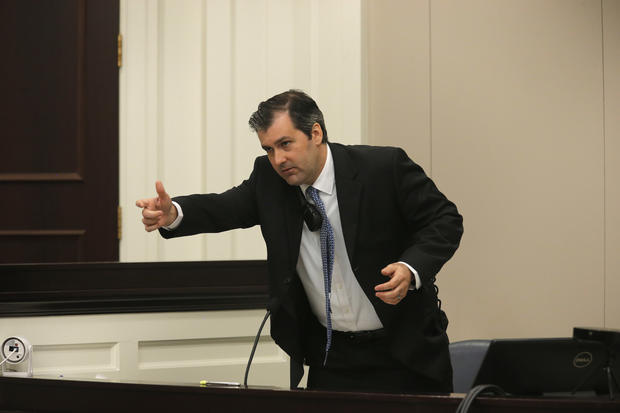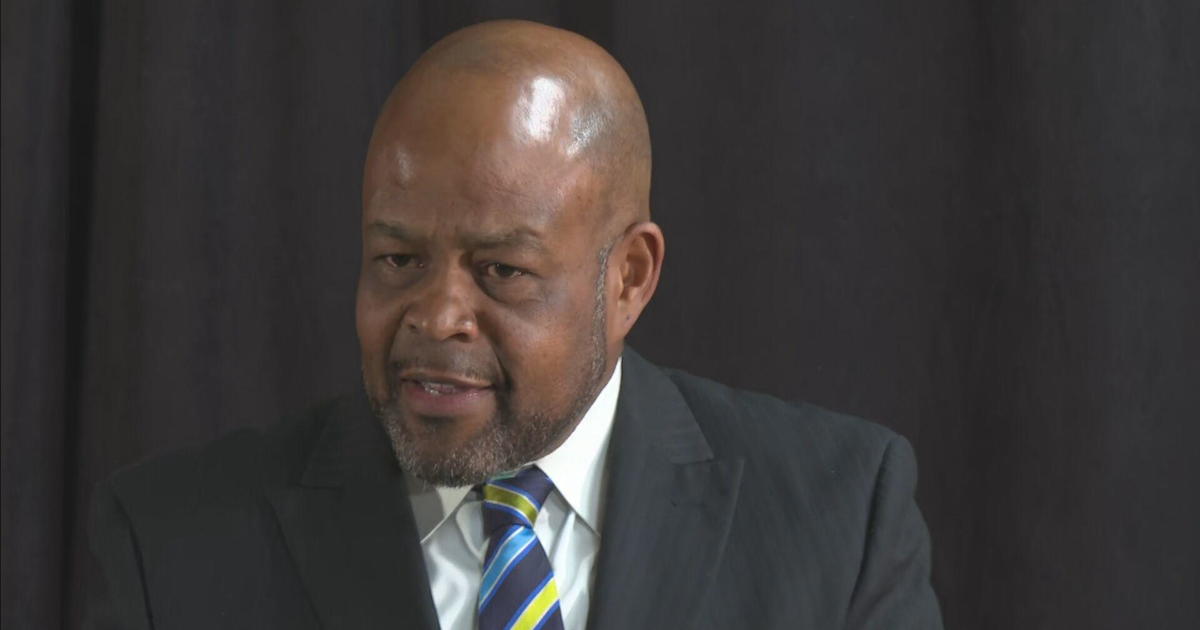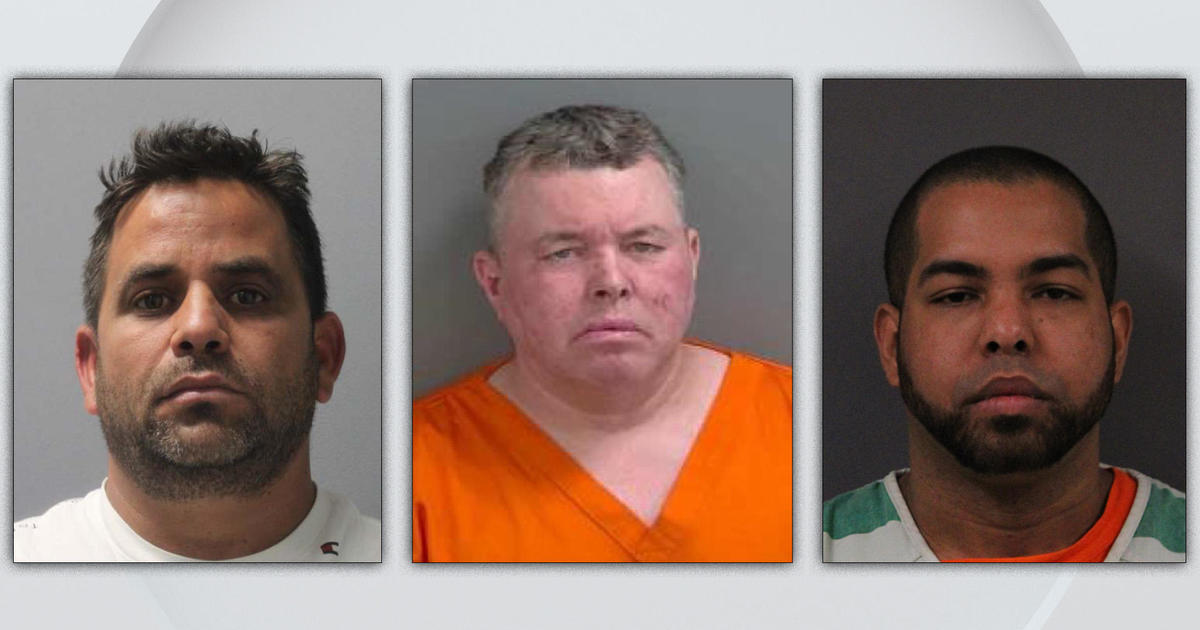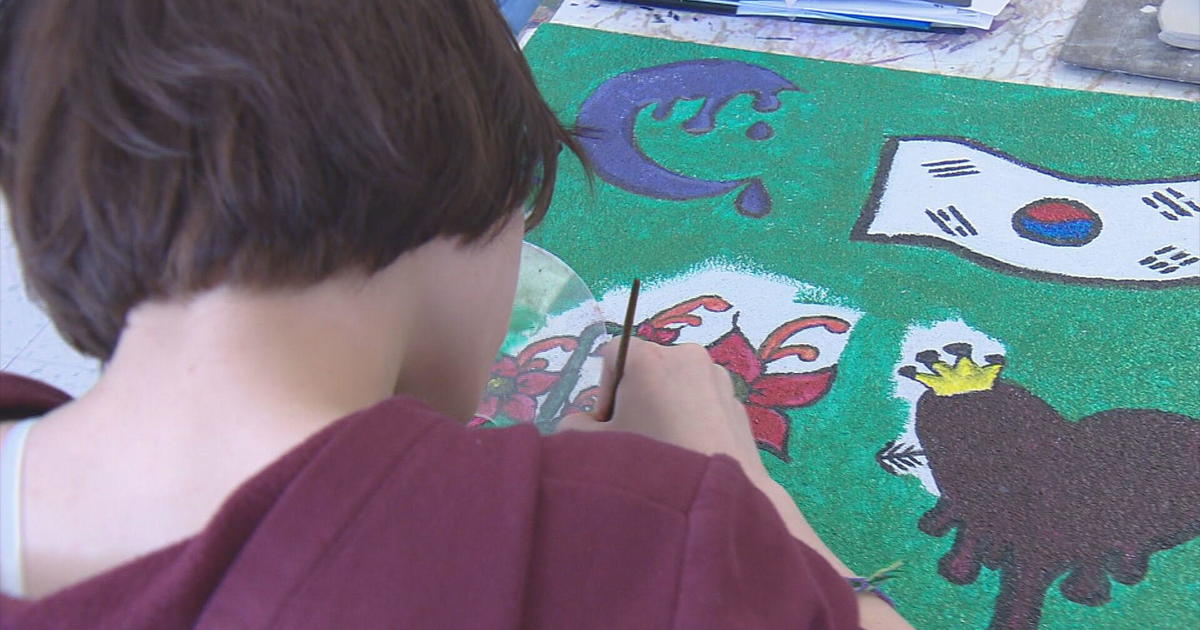Ex-South Carolina Officer Gets 20 Years For Walter Scott Killing
(CNN) -- Former South Carolina police officer Michael Slager was sentenced Thursday to 20 years in federal prison for the 2015 fatal shooting of Walter Scott, an unarmed black man.
After his murder trial ended in a hung jury, Slager agreed in May to plead guilty to a federal charge of violating Scott's civil rights. That charge carries a maximum sentence of life in prison.
A probation officer has recommended in a report that US District Judge David Norton sentence Slager to between 10 and 13 years in prison. But federal prosecutors sought a life sentence, arguing Slager committed second-degree murder and should also be punished for obstructing justice. Slager's attorneys say the offense amounts to voluntary manslaughter.
The fired North Charleston police officer wore a gray-and-white prison jumpsuit in a federal court in Charleston as witnesses testified during the first day of the sentencing hearing. His wrists and ankles were shackled to his waist.
He looked on stoically as his attorney countered the prosecution's claims that he maliciously killed Scott on April 4, 2015.
"Every stop he made had not the slightest implication of any racial implications," attorney Andy Savage said. "Nothing in his background from birth to today shows signs of any racial bias."
Savage presented a letter from an African-American woman thanking Slager, along with video from a traffic stop prior to Scott's stop, that the lawyer said demonstrated Slager's professional tone.
He also noted that most of the DNA found on Slager's Taser belonged to Scott, which he said supported his client's claim that he and Scott tussled over the Taser before the shooting.
Witness: Shooting was an 'abuse'
Feidin Santana -- the man whose cell phone recording captured Slager firing eight times, striking Scott five times in the back -- had a different take, saying he was in shock by what he saw that day.
"It was abuse and something that wasn't necessary," he said, describing Slager's actions.
Savage asked Santana whether the government had paid him to testify (Santana replied that he hadn't been paid to testify), whether he'd made money from the cell phone video (Santana said he accepted money from an Australian media outlet) and even questioning his hearing and his history of paying taxes.
Visibly perturbed, Santana said at one point, "If you find I'm lying, I'm up to any charging. I'm here as neutral."
Santana said he never considered handing over his video to police. He wanted to get the video to Scott's family, prevent it from falling into the wrong hands and protect his own safety, he said.
Lt. Charles Ghent, of the South Carolina Law Enforcement Division, testified that he saw the cell phone video and then interviewed Slager for more than two hours on April 7, three days after the shooting. Savage challenged the thoroughness of that interview.
Ghent acknowledged he did not record the interview or get a written statement from Slager at the time.
Slager was charged with first-degree murder later that day.
During the interview, Ghent said, Slager demonstrated how and he Scott struggled on the ground. Slager said Scott grabbed his Taser and pulled it out of his hand, Ghent testified, but Slager didn't indicate that Scott used the Taser on him.
Slager testified at his trial that he feared for his life because Scott grabbed his Taser.
A traffic stop
Slager first pulled Scott over for a broken taillight. Moments later, Scott ran away.
A foot chase followed. Slager's first attempt to use the Taser on Scott did not stop him. A second deployment brought Scott to the ground, but he got up and took off again. Slager opened fire as Scott ran away for the final time.
Scott's death renewed "Black Lives Matter" protests after the father of four became the latest in the series of controversial killings of black men by police.
Slager: 'I knew I was in trouble'
On the stand during his state murder trial, an emotional Slager testified his mind was like "spaghetti" during the altercation with Scott that day.
He argued that even at 18 feet away, Scott posed a threat and could have turned around and charged him. Prosecutors contended there was little physical evidence of a struggle.
"Scott would never stop after I gave him multiple commands to stop," Slager said in November.
Slager testified Scott was much stronger, and though he couldn't recall all the details, he remembered Scott wresting away his Taser and briefly pointing it at him.
"I knew I was in trouble," Slager said. "I was in total fear Mr. Scott didn't stop, continued to come towards me."
That's when Slager said he pulled the trigger.
Slager's murder trial ended in a mistrial after the jury failed to reach a verdict last December. Solicitor Scarlett Wilson issued a statement in May, after Slager's plea in federal court to deprivation of rights under color of law, saying it was unnecessary for her office to prosecute Slager again.
"Now that Slager has pleaded guilty to a willful violation, admitted the facts we set out to prove and waived the right to appeal his conviction, a successive prosecution by the state is not necessary," she wrote.
(The-CNN-Wire™ & © 2017 Cable News Network, Inc., a Time Warner Company. All rights reserved.)




